Closing Plenary Session
Reimagining Legal Education with an EDI Lens
November 13, 4 - 4:50 p.m. EST
At the Lincoln Alexander School of Law, we are striving to make the legal profession more diverse as it pertains to backgrounds and perspectives. We have an important opportunity to drive change on important EDI issues in the legal profession and equip our students with the skills required to serve a broad range of communities, including those who are impacted by system racism and oppression in our justice system. Join Lincoln Alexander Law’s Dean Young in a panel discussion with other law school deans in exploring the importance of embracing EDI frameworks in legal education. Together they will openly exchange ideas, share challenges, and encourage one another to accelerate the transformation of the legal profession.
The bulk of EDI-related education as it involves the profession in future years will come from the curriculum found in JD programs. Should law schools across Ontario and the country undertake a range of initiatives to ensure that EDI-focused content is part of the core curriculum mandatory for all students? What are the main features and objectives of these initiatives? What core curriculum content historically has had gaps or omissions? How can law schools measure the effectiveness of EDI content? Law school representatives – administrators, faculty and students – will present their insights.
Moderator:
Shawn Richard, Partner, Lenkinski, Carr & Richard LLP
Panelists:
Reem A. Bahdi, Dean and Associate Professor, Faculty of Law, University of Windsor
Dr. Jutta Brunnée, Dean, University Professor & James Marshall Tory Dean’s Chair, University of Toronto, Faculty of Law
Erika Chamberlain, Dean and Professor of Law, Western University
Dr. Mary Condon, Dean, Osgoode Hall Law School
Dr. Jula Hughes, Dean and Professor, Bora Laskin Faculty of Law, Lakehead University
Mark Walters, Dean and Professor of Law, Queen's Law
Donna E. Young, Inaugural Dean, Lincoln Alexander School of Law
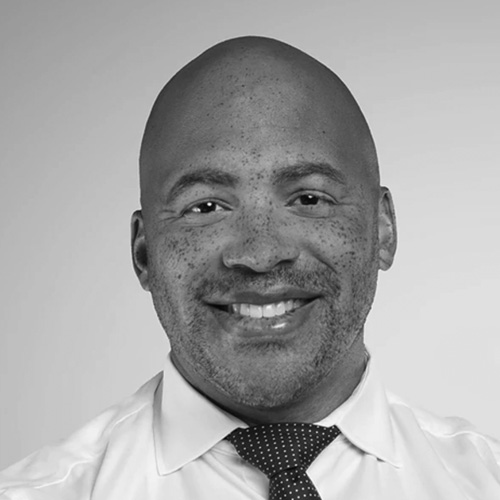
Shawn Richard is a creative, forward-thinking and solutions-oriented litigator and partner at Lenkinski, Carr and Richard LLP. By paying attention to his clients’ goals and providing smart, practical advice, Shawn has built a reputation for being a resolute but reasonable lawyer. His practice has been built on resolving complicated financial and international family and estate litigation issues.
Shawn is a Past President of the Canadian Association of Black Lawyers (CABL), where he represented the organization before standing committees, and members of provincial and federal parliament to address issues of anti-Black racism and human rights.
Shawn is a graduate of the University of Toronto, where he has taught trial advocacy at the University of Toronto Faculty of Law. He is also an instructor at the Lincoln Alexander School of Law. While in law school, Shawn volunteered at a legal clinic, Downtown Legal Services, and in the Human Rights Litigation Working Group. He participated in the Philip C. Jessup International Law Moot Court Competition and the Arnup Cup.
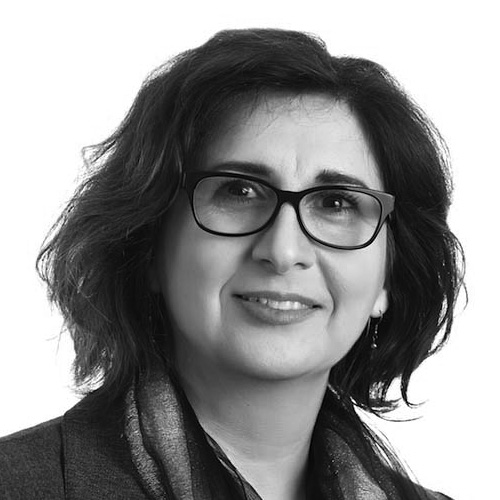
Professor Reem A. Bahdi joined the Faculty of Law at the University of Windsor in 2002. Her current research focuses on two areas. The first concentrates on the human rights dimensions of national security laws and policies in Canada. The second focuses on access to justice in the Palestinian context.
Professor Bahdi is Co-Director of KARAMAH, The Project on Judicial Independence and Human Dignity (external link) , a multi-million dollar initiative which aims to support access to justice in Palestine through research, continuing judicial education and directed civil society engagement. She is also the Editor-in-Chief of the Windsor Yearbook of Access to Justice (external link) .
Professor Bahdi teaches Access to Justice and Torts. She was awarded the Student Law Society Faculty Award for exemplary teaching and dedication to Windsor Law in 2008 and the University of Windsor Faculty Recognition Award in 2005.
Professor Bahdi served as Associate Dean of Windsor Law from 2012 - September 2015.
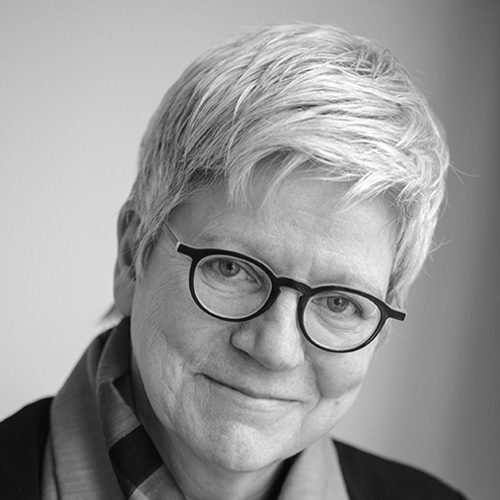
Dr. Jutta Brunnée’s teaching and research interests are in the areas of Public International Law, International Environmental Law and International Legal Theory. She has published extensively in each of these areas. Her current research agenda explores the role of international legality and legal practices in mediating between stability and change in international law.
Dean Brunnée is co-author of International Climate Change Law (OUP 2017), which was awarded the American Society of International Law’s 2018 Certificate of Merit “in a specialized area of international law” and was recently translated into Korean, and of Legitimacy and Legality in International Law: An Interactional Account (CUP 2010), which was awarded the American Society of International Law’s 2011 Certificate of Merit “for preeminent contribution to creative scholarship.” Dean Brunnée also is co-editor of the Oxford Handbook of International Environmental Law (Oxford University Press, 2007). In 1998-99, she was the “Scholar-in-Residence” in the Legal Bureau of the Canadian Department of Foreign Affairs and International Trade, advising, inter alia, on matters under the Biodiversity and Climate Change Conventions. From 2006 to 2016, she served on the Board of Editors of the American Journal of International Law. She was elected Fellow of the Royal Society of Canada in 2013, and Associate of the Institut de Droit International in 2017. In 2019, she delivered a course on “Procedure and Substance in International Environmental Law” at The Hague Academy of International Law, published in the Academy's Collected Courses / Recueil des Cours series (2020). In 2020, Dean Brunnée was appointed University Professor, the University of Toronto’s highest and most distinguished academic rank.
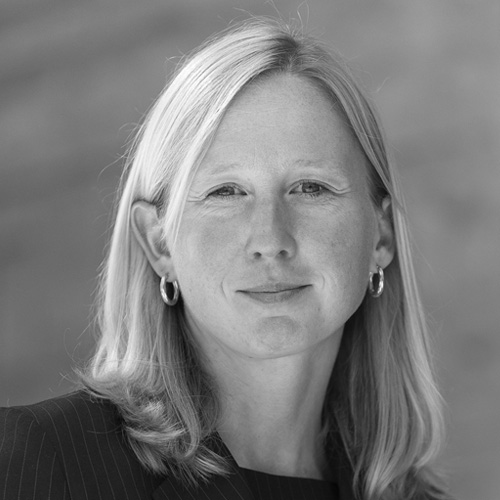
Erika Chamberlain was appointed Dean of Law at Western University in May 2017, following five years as Associate Dean (Academic). She graduated as gold medalist from Western Law in 2001 and first joined the Faculty in 2005. Prior to her appointment, she served as law clerk to Mr. Justice Major at the Supreme Court of Canada, and was called to the Bar of Ontario in 2002. She obtained her doctorate from the University of Cambridge, where she held a Cambridge Commonwealth Scholarship, SSHRC Doctoral Fellowship, and the WM Tapp Studentship at Gonville and Caius College.
Chamberlain has authored numerous articles on tort law, with a particular focus on the tort liability of public authorities. She is the author of Misfeasance in a Public Office (2016), co-author of Fridman’s The Law of Torts in Canada, 4th ed. (2020) and Cases and Materials on the Law of Torts, 10th ed. (2019), and a co-editor of Emerging Issues in Tort Law (2007) and Tort Law: Challenging Orthodoxy (2013). Professor Chamberlain is a founding member of Western’s Tort Law Research Group and was a co-organizer of the Sixth Biennial Conference on the Law of Obligations in 2012. In 2019, she became the General Editor of the Canadian Cases on the Law of Torts. Chamberlain has also published extensively in the field of impaired driving law and alcohol-related civil liability, and has provided research and advocacy to MADD Canada since 1999. Her work in this field has been cited by the Supreme Court of Canada, and has influenced legislative amendments at the federal level and in several Canadian provinces and territories.
Chamberlain has twice been named “Professor of the Year” by the Student Legal Society, and has been named to the USC Teaching Honour Roll three times. She is currently the Chair of the Ontario Law Deans group, and is a member of the Ontario Universities Council on Quality Assurance. She has also completed 5 full Ironman races.
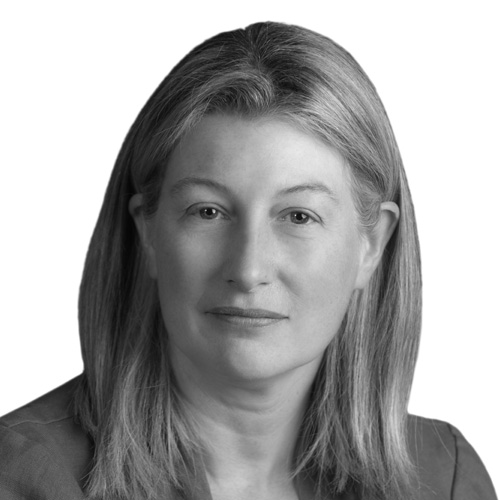
Mary Condon was appointed Dean of Osgoode Hall Law School on July 1, 2019. She served as Associate Dean (Academic) from July 2016 to April 2018, and as Interim Dean from May 1, 2018 to June 30, 2019. Between 2008 and 2016 she was appointed by the Ontario government as a Commissioner and Board Member of the Ontario Securities Commission (OSC). For three of those years (2011-2014) she served as one of two full-time Vice-Chairs of the OSC. In that capacity she was executive sponsor of a number of policy initiatives. She also issued numerous adjudicative decisions as a member of the OSC’s tribunal. In early 2018, she was appointed a member of the board of the Capital Markets Authority Implementation Organization (CMAIO), an interim body set up to assist with the establishment of a Capital Markets Regulatory Authority for co-operating jurisdictions in Canada.
Dean Condon teaches Securities Regulation and Advanced Securities in Osgoode’s JD program and also directs and teaches in the Professional LLM in Securities Law program. In the 2009 winter term, she was awarded the Walter S. Owen Chair at the Faculty of Law, University of British Columbia, where she was also the co-director of the National Centre for Business Law.
In 2018, she was named one of the top 100 Most Powerful Women in Canada (Public Sector Category) by Women’s Executive Network. Between 2014 and 2016 she served as a member of Canada’s National Steering Committee for Financial Literacy. She was a member of the Board of Trustees of the York University Pension Fund between 2005 and 2014. She joined the Osgoode faculty in 1992, having been the first recipient of the Alan Marks Medal for her doctoral thesis at the Faculty of Law, University of Toronto.
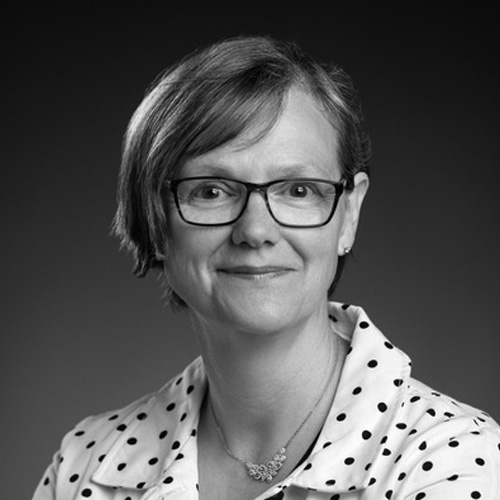
Dr. Jula Hughes is the Dean of Law at the Bora Laskin Faculty of Law at Lakehead University. She is the recipient of multiple research grants, has published extensively in Canadian and international journals, has contributed chapters to various selections of essays and is a regular speaker at international, national and regional conferences. Her research focuses on judicial ethics, particularly the law and practice of judicial disqualification, criminal law, particularly the application of criminal law to marginalized populations, and Aboriginal law, particularly the legal recognition of and provision of services to off-reserve and non-status Aboriginal people.
She is the principal investigator in a multi-disciplinary research collaboration between native councils, provincial and federal governments and police forces titled “Looking out for each other: A research and community action collaboration for improved services for the families of missing Aboriginal women, girls, and sexual and gender minorities”. In the area of judicial disqualification, she is working on updating the Legal Principles Governing Judicial Disqualification paper, currently in its 7th edition. She teaches in the areas of Foundations of Canadian Law, Aboriginal Legal Issues and Jurisprudence. Her community involvements include the Board of the Law Commission of Ontario (Chair of the Program Committee), and the RCMP Advisory Committee on Witness Protection (Chair).
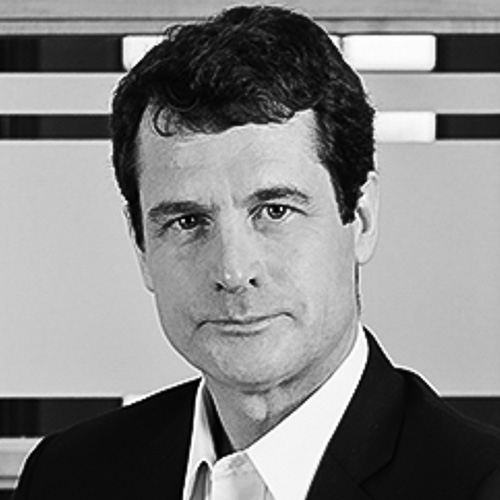
Mark Walters began his five-year term as Dean at Queen's Law on July 1, 2019. He is recognized as one of Canada’s leading scholars in public and constitutional law, legal history and legal theory. Dean Walters has researched and published extensively in these areas, with a special emphasis on the rights of Indigenous peoples, institutional structures and the history of legal ideas. His work on the rights of Indigenous peoples, focused on treaty relations between the Crown and Canada’s Indigenous nations, has been cited by the Supreme Court of Canada, as well as by courts in Australia and New Zealand.
He held the distinguished F.R. Scott Chair in Public and Constitutional Law at the McGill University Faculty of Law from July 1, 2016, until June 30, 2019. For the 17 years before that, he was a faculty member at Queen’s Law, where he was appointed the school's inaugural Associate Dean of Graduate Studies and Research, led the 2008 launch of its doctoral program and co-chaired the committee that developed its 2014-2019 strategic plan. Previously, he taught at Oxford University after practising law in Toronto in the area of Aboriginal title and treaty rights.
Over his academic career, he has held a number of fellowships, including the H.L.A. Hart Fellowship (Oxford University, 2013), the Herbert Smith Fellowship (Cambridge University 2013 and 2005), the Sir Neil MacCormick Fellowship (University of Edinburgh, 2010), and the Jules and Gabrielle Léger Fellowship (Social Sciences and Humanities Research Council, 2002-2003). He received the Canadian Association of Law Teachers’ Award for Academic Excellence in 2006.
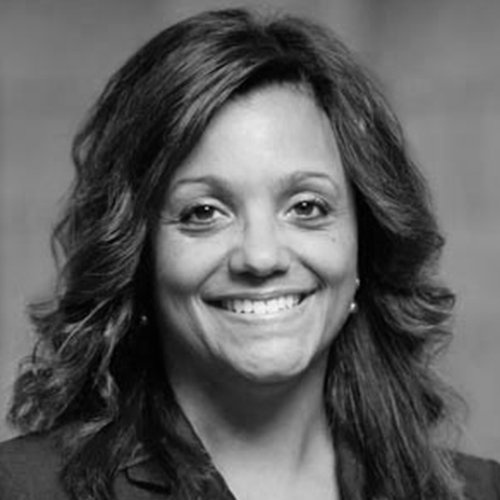
Donna E. Young is the inaugural dean of the Lincoln Alexander School of Law. Before assuming her deanship, she was the President William McKinley Distinguished Professor of Law and Public Policy at Albany Law School and a joint faculty member at the University at Albany’s Department of Women’s, Gender, and Sexuality Studies. Her teaching and scholarship focus on law and inequality, race and gender discrimination, and academic freedom and university governance. She has taught courses in Criminal Law, Employment Law; U.S. Federal Civil Procedure; Gender and Work; and Race, Rape Culture, and Law.
Dean Young is much sought after as a speaker and has been invited to present her work at conferences and other venues around the world. She has been a staff member at the American Association of University Professors' (AAUP) Department of Academic Freedom, Tenure, and Governance, in Washington, D.C. and was a member of the AAUP's Committee A, the preeminent national body setting standards and investigating academic freedom disputes in the United States. She has been a Fellow at Cornell Law School's Gender, Sexuality, and Family Project; a Visiting Scholar at Osgoode Hall Law School's Institute of Feminist Legal Studies; an Associate in Law at Columbia Law School; a Visiting Scholar at the Faculty of Law at Roma Tre University in Rome, Italy; and a consultant to the International Development Law Organization for whom she traveled to Uganda to conduct field research on the relationship between gender inequality and law in the context of the HIV/AIDS crisis. Dean Young was an articling student at Cornish Roland, a labour law firm in Toronto; at the Ontario Human Rights Commission; and at the Legal Department of the City of New York, Mayor's Office of Labor Relations. She is admitted to practice in New York State.